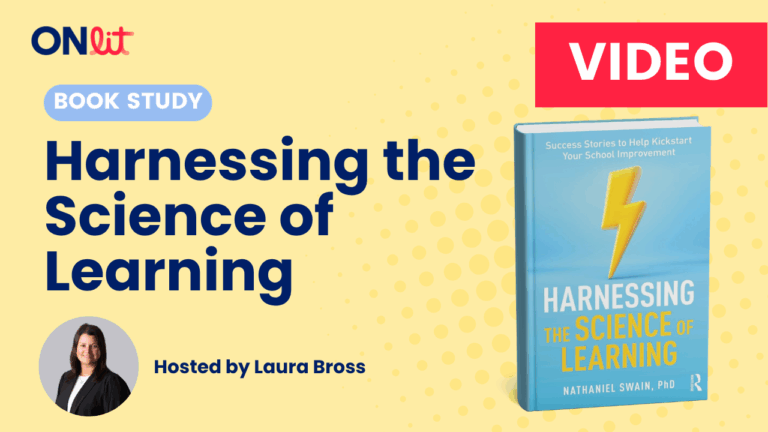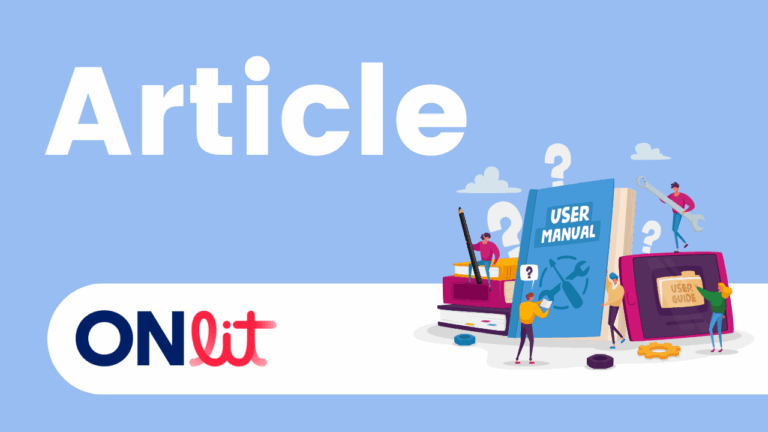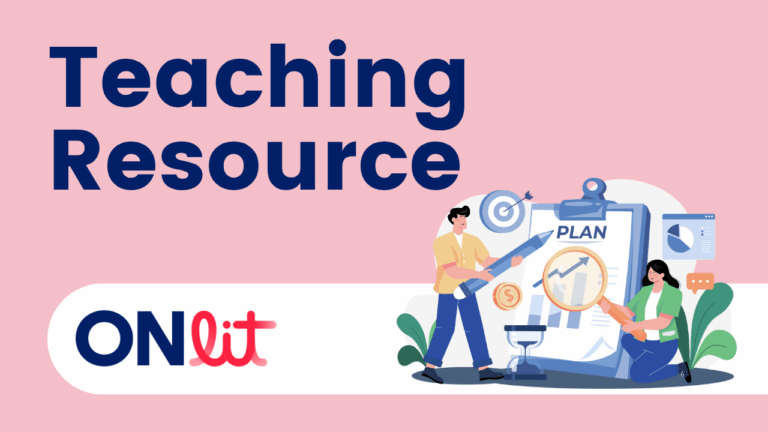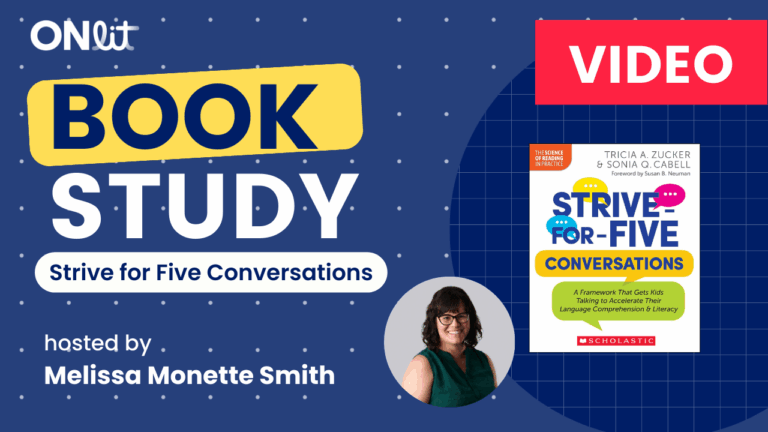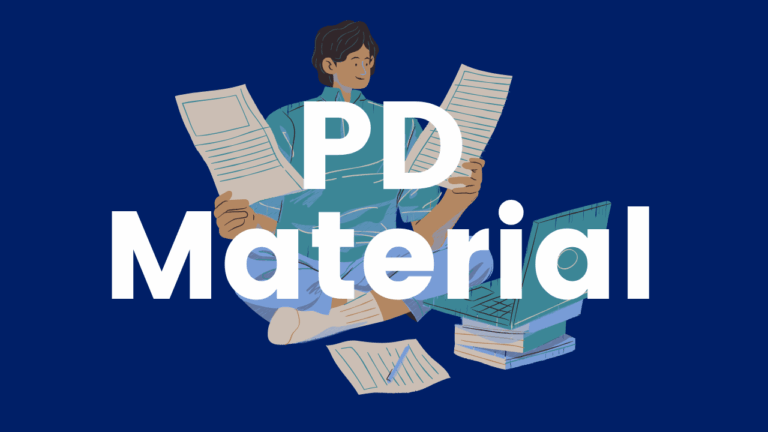Strand B Guidance Videos
This series of videos was developed by Dr. Robert Savage from York University. The video series unpacks elements of Strand B of the revised Language Curriculum, building educator knowledge. Stay tuned for more videos to come!


